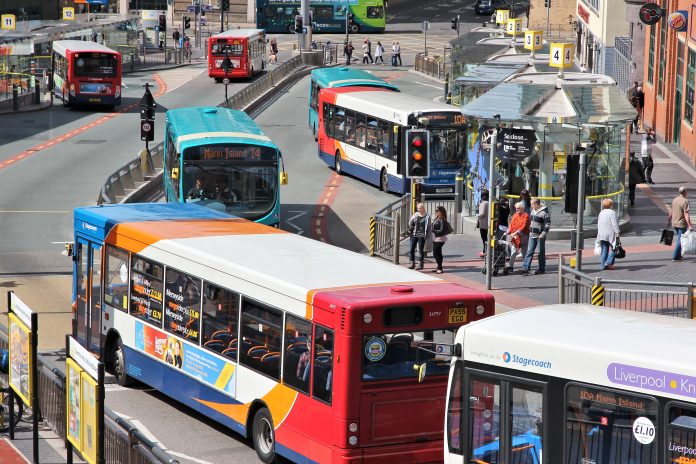The UK Government has announced an investment of over £1 billion to improve bus services across the UK, with single bus fares capped at £3 until the end of 2025
This hopes to keep bus travel affordable, with goals to benefit rural communities and towns where public transport is important.
The cap on fares, confirmed by Prime Minister Keir Starmer, will help to prevent steep fare increases, including the potential rise to £13 on the Leeds to Scarborough route.
The £3 fare cap
By developing the £3 fare cap, the Government can provide financial stability for bus operators and make sure that essential services remain intact, making sure everyone has access to key routes.
The £3 maximum fare will apply to routes included in the scheme, while those currently charging less than £3 can only adjust their prices in line with inflation.
Local authorities and Metro Mayors are encouraged to create their own plans to maintain affordable fares, similar to successful models in London, West Yorkshire, and Manchester.
This announcement comes after almost £925 million has been allocated to improve bus services for the 2025-2026 financial year.
Local authorities can use this funding to introduce new routes, increase service frequency, and protect crucial transport links, ensuring communities have reliable access to public transportation.
Manchester and London unaffected
Single bus fares in London with Transport for London will, however, remain at £1.75 and those in Greater Manchester at £2.
They are excluded from the broader fare cap as their funding is structured differently.
Improving bus services
The government’s strategy also aims to address the longstanding difference in bus services across different regions, often referred to as the “postcode lottery.” By encouraging local transport authorities to create modern, integrated bus networks, the plan looks to put passenger needs at the forefront of decision-making.
Buses are an important part of the public transport system in the UK, but the sector has faced significant challenges over the past few decades, including a drastic reduction in bus mileage. With the new initiatives, the government hopes to reverse these trends, providing communities with better access to transportation and enhancing economic opportunities.
As the government plans to introduce a new Buses Bill later this parliamentary session, local authorities will be equipped with the tools necessary to emulate successful public transport models.











